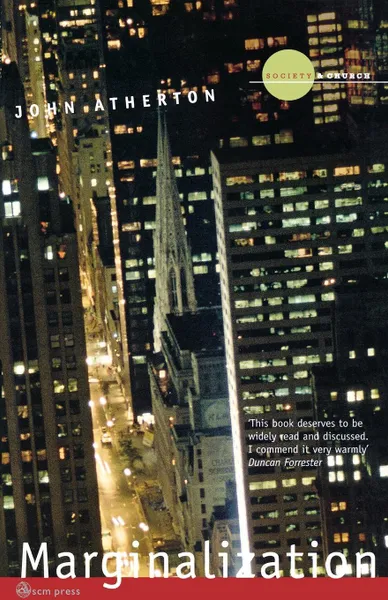Marginalization 12+
📕 Can the urban church survive? Are churches relevant to public life? These two questions drive John Atherton's thoughtful, sometimes searing and ultimately optimistic study. In secular Britain and Western Europe, churches seem increasingly marginalized from the processes of public discussion, decision-making and policy formation. That marginalization mirrors their marginalization in people's lives, which is most acute in parts of the city populated by those excluded from the main streams of a society's common or public life. It is John Atherton's genius to bring these two issues together: the marginalization of churches and of particular groups in society. Hence, the future of church and its relevance to public life is to be worked out through active concern and commitment in places where other people and groups are marginalized. John Atherton uses a wide range of disciplines to establish this vision, including political philosophy, economics, feminist ethics and theology. His aim is to reconnect Christianity to people and public life by reformulating theology and church (as examples to other disciplines and institutions facing change). This is a perceptive study of how the urban church could disappear in a few decades, and what the options for change are if it embraces a new strategy. This study draws on John Atherton's forty years of ministry in urban areas and teaching political philosophy in universities, and has an unparalleled overview of urban minist...
Мнения
